Warm compresses, yoga, and avoiding anxiety can help people with ulcerative colitis reduce or prevent abdominal muscle spasms.
Abdominal cramps (sudden contractions of the abdominal muscles) are very common in people with ulcerative colitis. This is because the inflamed colon cannot process and absorb water effectively, leading to frequent abdominal cramps. Here are some measures to help control this condition and reduce abdominal pain.
Avoid trigger foods
Abdominal cramps tend to flare up after meals due to difficulty digesting food. Dairy, carbonated drinks, and processed foods can trigger them, making inflammation and bloating worse, increasing pain and cramping. According to the Crohn's and Colitis Foundation of America, keeping a food diary can help identify foods that increase the risk of symptoms. Eat soft, bland foods like bananas and toast.
Warm compress
Heat can help relieve abdominal muscle pain. To relieve abdominal cramps caused by ulcerative colitis, apply a hot water bottle to your abdomen or place a warm towel on your abdomen until it cools.
Yoga
Some yoga poses help stretch muscles and relieve pain caused by ulcerative colitis. According to a 2015 study by the All India Institute of Medical Sciences, of 100 patients with ulcerative colitis, those who practiced yoga for an hour a day had less abdominal pain and fewer cramps after 8 weeks than those who did not practice yoga.
Another study published in 2017 by the University of Duisburg Essen (Germany), with 77 patients, showed that people who practiced yoga for 90 minutes a week, for 12 weeks, had fewer flare-ups of ulcerative colitis symptoms than people who only read books and practiced other relaxation techniques, but did not practice yoga.
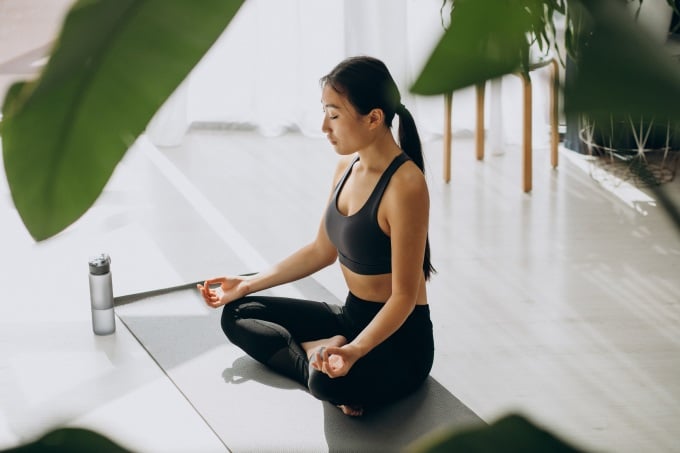
Yoga can relax and relieve muscle pain. Photo: Freepik
Control depression and anxiety
According to the Crohn's and Colitis Foundation of America, people with inflammatory bowel diseases, including ulcerative colitis, are at higher risk of depression and anxiety. Depression and anxiety make the abdominal pain and stomach cramps caused by ulcerative colitis worse.
According to the National Institute of Mental Health, signs of depression include sudden changes in appetite, sleep disturbances, and loss of interest in people or activities once enjoyed.
Anxiety makes people feel restless, irritable, or have difficulty concentrating. Symptoms of anxiety include muscle tension, difficulty controlling feelings of worry, fatigue, and sleep problems. People should consult a psychologist if they are excessively anxious or have signs of depression.
Treatment compliance
Anti-flatulence medications break up gas bubbles in the digestive tract. Patients can consult a doctor to take antispasmodics to relieve abdominal pain, but be careful when taking over-the-counter pain relievers. Some pain relievers and non-steroidal anti-inflammatory drugs can worsen symptoms. It is best to see a doctor for advice on medication.
When stomach pain and cramps flare up frequently despite taking medication, patients should consult their doctor for adjustments. The doctor may suggest a new treatment or change the dosage of the medication.
Mai Cat (According to Everyday Health )
| Readers ask questions about digestive diseases here for doctors to answer |
Source link










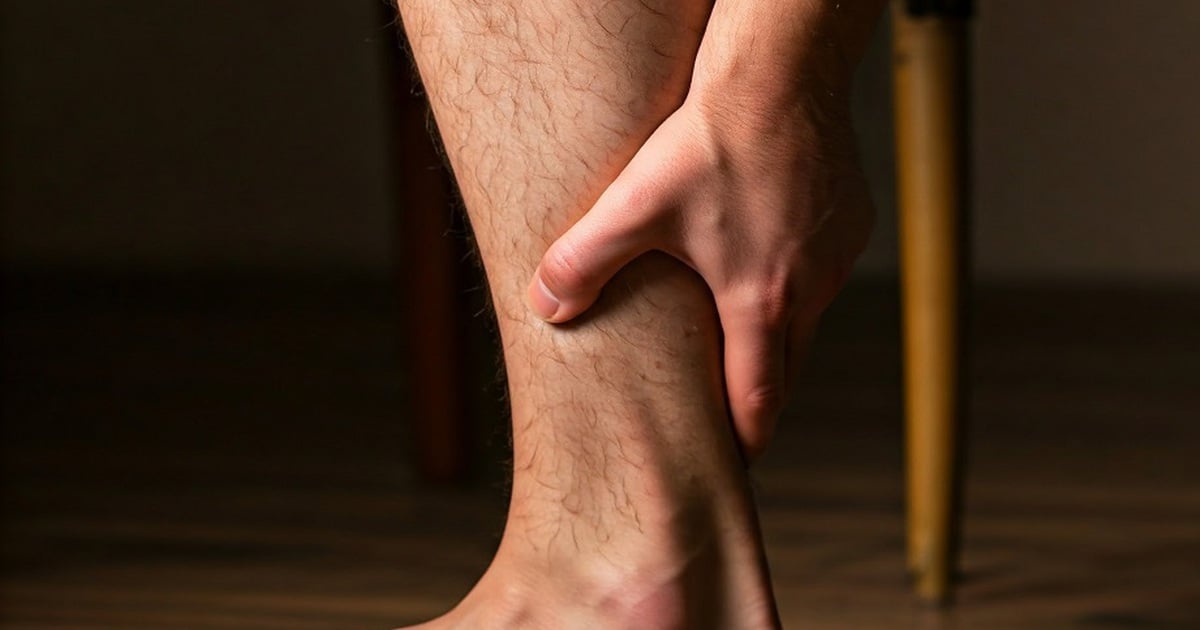


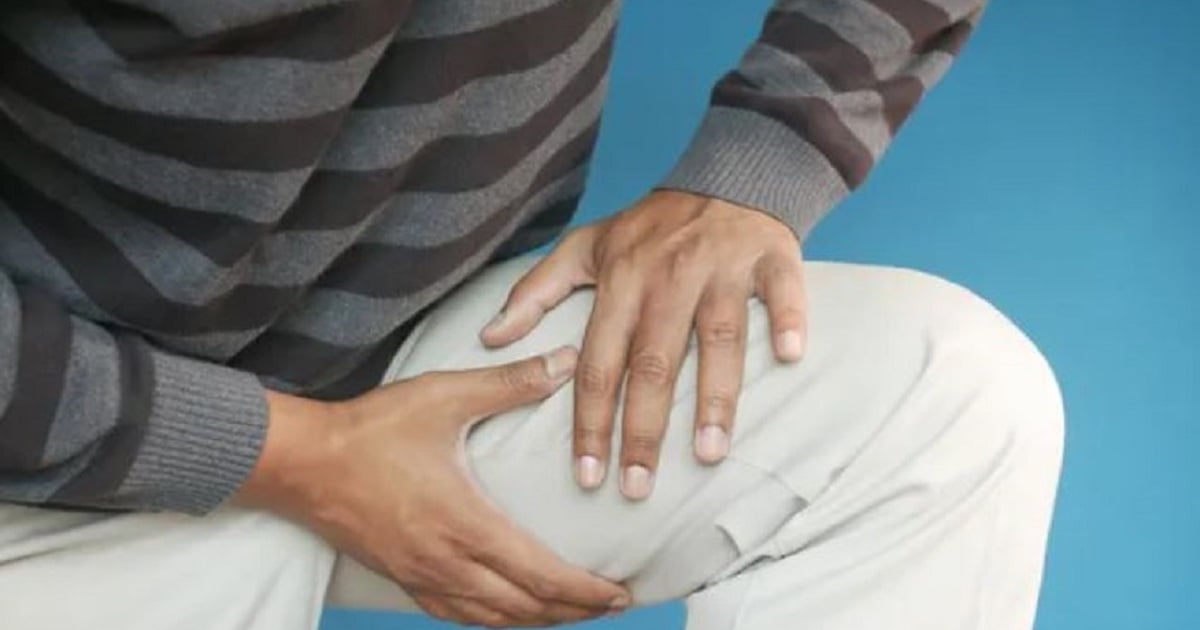




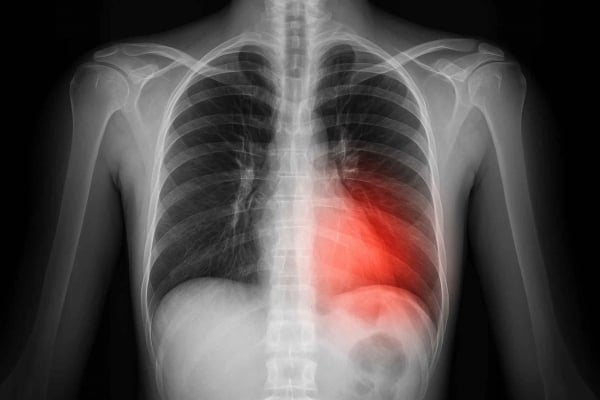
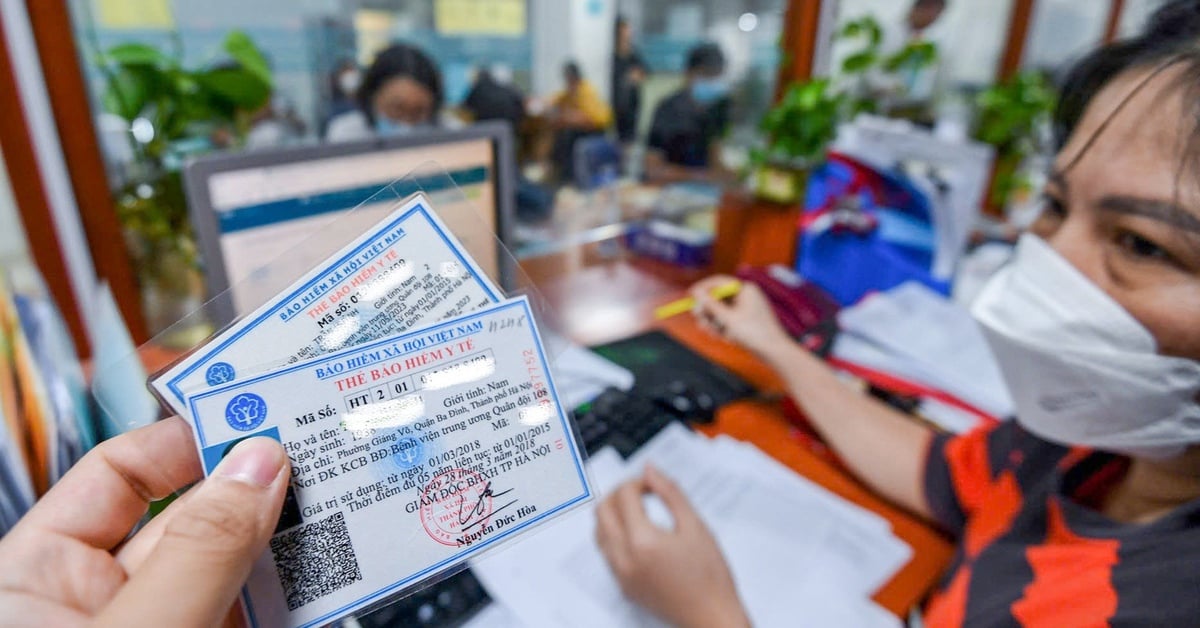










![[Photo] "Beauties" participate in the parade rehearsal at Bien Hoa airport](https://vstatic.vietnam.vn/vietnam/resource/IMAGE/2025/4/11/155502af3384431e918de0e2e585d13a)
































































Comment (0)